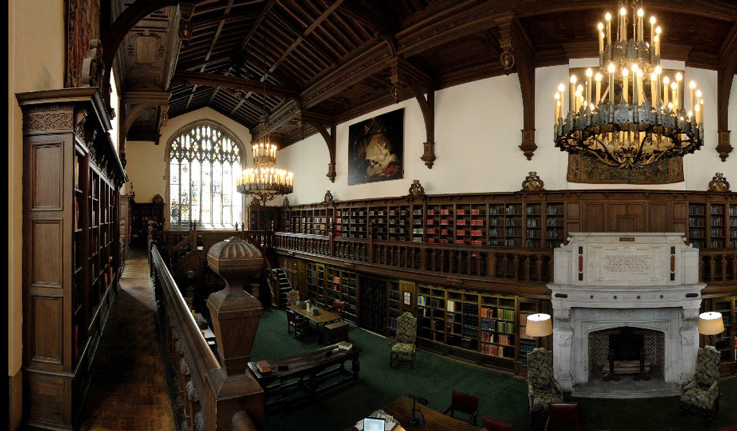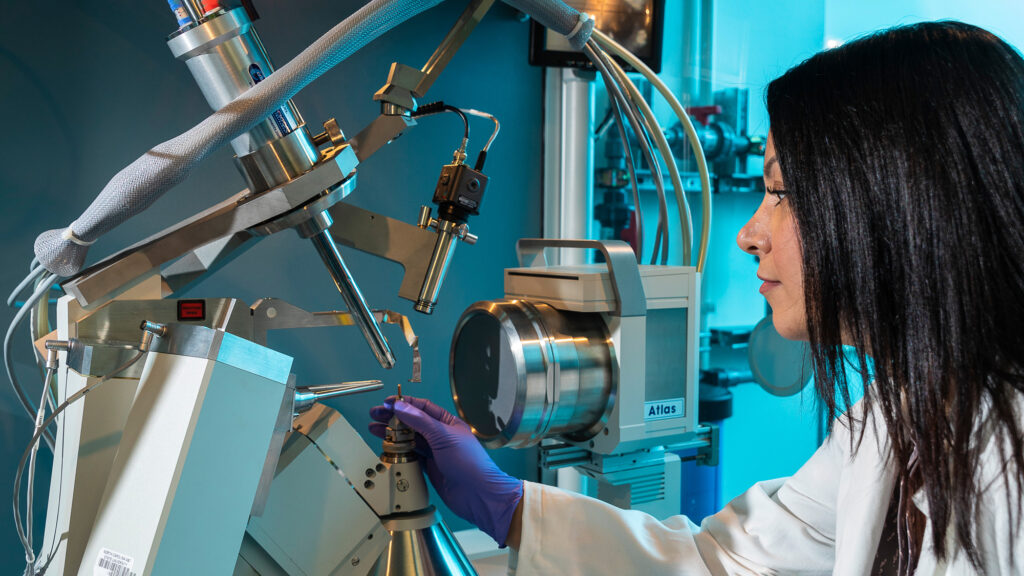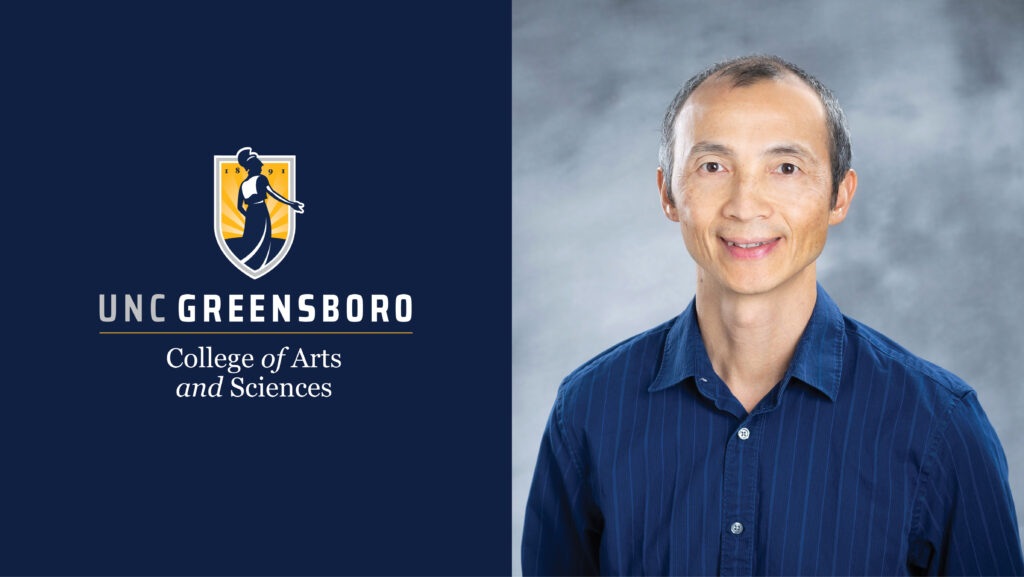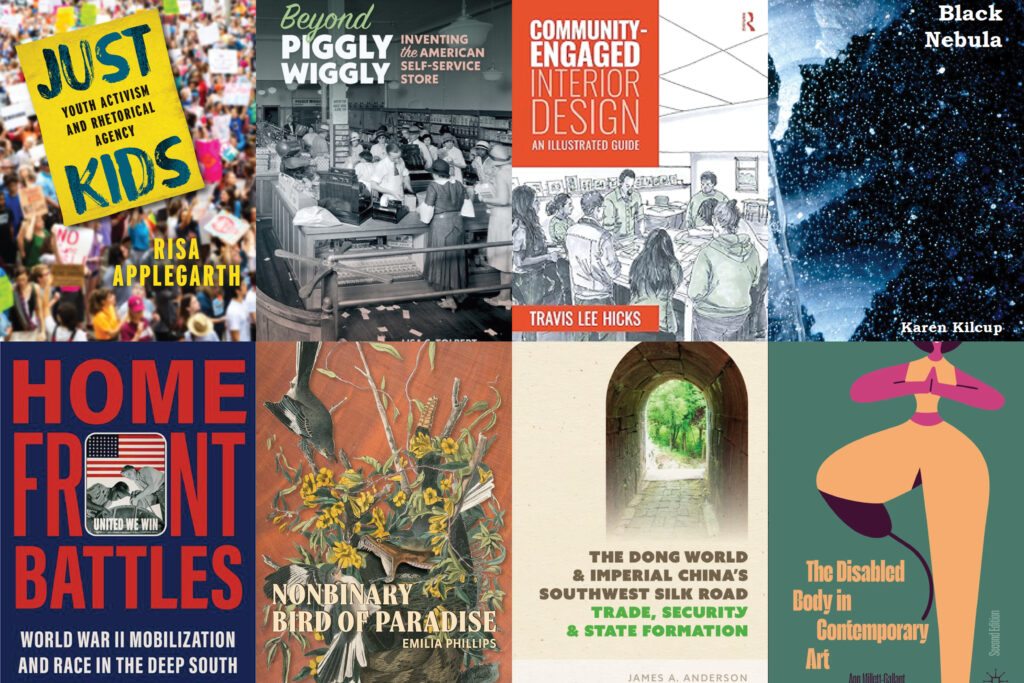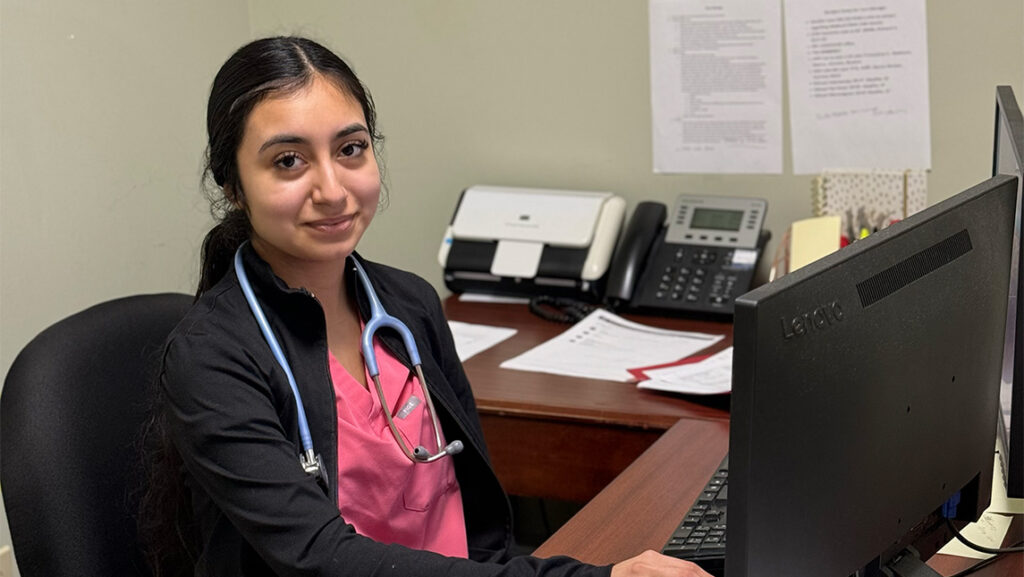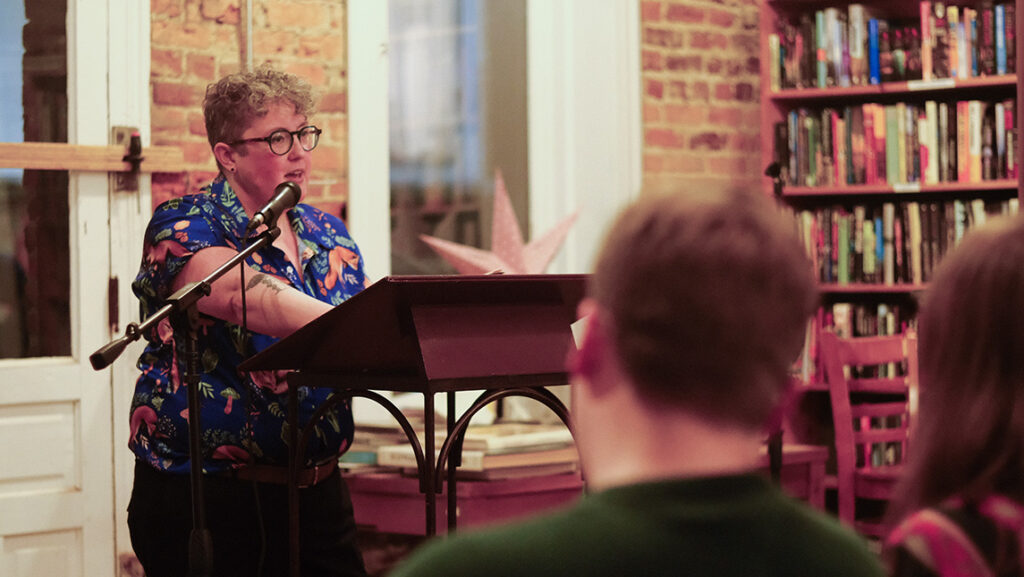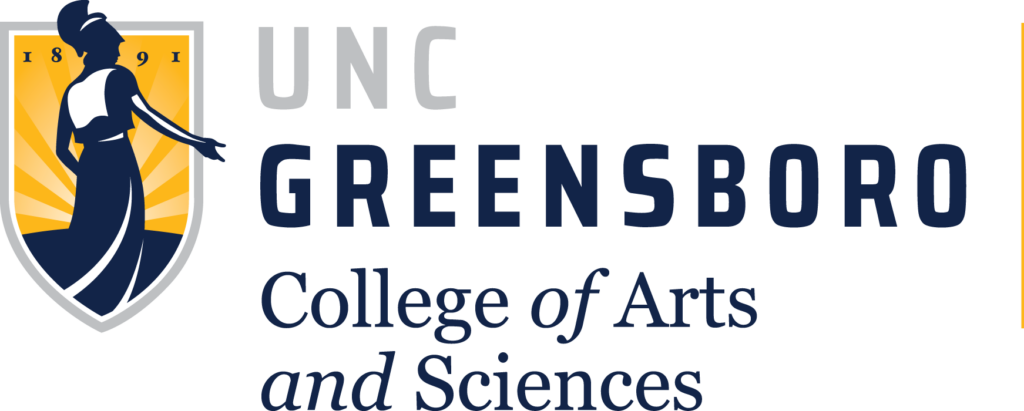This year UNCG will send at least three scholars – the campus’s largest number yet for a single application period – to the Folger Institute at the Folger Shakespeare Library in Washington, D.C.
The institute is a premier location for collaborative and investigative research in the arts and humanities, and the library holds the largest collection of Shakespearean materials in the world, with artifacts from the 13th to the 18th century, and a Renaissance-style theater.
Over the past six years, UNCG has sent scholars from the departments of English, History, Language, Literature, and Cultures and Art, with the applicants consistently placing in the top third in rankings from the Folger’s applications review committee, averaging far above the mean selection rate for the Folger Institute’s 46 schools, notes UNCG Folger campus representative Dr. Christopher Hodgkins, professor of English.
“One of the best measures of a university’s success in its research and teaching missions is the participation of its faculty and students in such acclaimed programs,” said Hodgkins. “UNCG now plays in the big leagues, with colleagues regularly winning national awards, occupying key seats in top-level national and international research institutes, giving invited lectures and keynote addresses at home and abroad, and heading scholarly and professional societies that reach around the globe.”
Assistant Professor of English Dr. Jennifer Park will participate in Reid Barbour’s Folger spring seminar “After the Great Instauration” with an eye on scientific knowledge in the 17th century. Her in-progress book, “Vital Preservation: Experiments in Immortality in Early Modern Drama,” investigates early modern experimentation in science and medicine in relation to living bodies and the quest for immortality. Through attending the seminar and by examining the Folger materials, Park will prepare a future graduate-level course in the history of science and the materiality of the text in early modern literature.
Lecturer in English Dr. Lauren Shook, who also studied at the Folger Institute in 2013-14, will return to participate in the seminar “Shakespeare’s Virtues: Ethics, Entertainment, and Education” directed by Julia Reinhard Lupton. With her UNCG students, Shook has analyzed Shakespeare’s portrayals of dining, hospitality, food cultures and culinary metaphors, connecting them to food insecurity in early modern England and in the United States presently. Through her upcoming Folger seminar, Shook plans to amplify the material of her own course “Dining with Shakespeare,” and the scope of her research project, “A Place at Shakespeare’s Table.” The project combines her interests in food access, hospitality, civic democracy, and service-learning, advocating for a service-learning approach to Shakespeare’s culinary worlds. Shook looks forward to learning from fellow Shakespeare scholars to the opportunity to access the Folger’s extensive collection of cookery books and manuscripts.
“The Folger Institute is unique in that it sets aside time for scholars to come together and actively engage with each other’s work,” said Shook. “The Folger provides a space for scholars to think through new ideas and meet new colleagues. I look forward to engaging in a focused dialogue about how Shakespeare can help us work through pressing current issues.”
English Ph.D student Crystal Matey will also participate in the spring seminar, “After the Great Instauration.” Matey’s research focuses on experimental philosophy in the Restoration, as well as the history of science and its impact on literature. In her scholarship, she explores how speculative writing from that period articulates the questions and anxieties that accompanied the institutionalization of science. Attending the seminar at the Folger Institute will allow her to continue her examination of Francis Bacon’s work and other philosophies that influenced perceptions of science and how early modern dictionaries contributed to the popularization of “scientific” knowledge.
“I’m really looking forward to learning more about Francis Bacon because his ideas are so important to my own study about the rise of ‘science’ in Restoration England,” said Matey. “I hope to get to spend some time in the reading room, as well, and pull resources related to my research that may not be available in facsimile. But, I have to admit, as someone who also loves Shakespeare, I’m really excited to spend time at a center devoted to Shakespearean studies.”
Applications for Folger Institute programs are open to UNCG faculty and graduate students across the arts and humanities, including not only history, literature and languages, but also music, theatre, dance, the visual arts, as well as religion, philosophy, and political theory. For more information and links for application, see www.uncg.edu/eng/awrn/folger_institute.html.
UNCG’s Folger Institute membership is supported by Dr. Terri Shelton, vice chancellor for Research and Engagement, and Dr. John Kiss, dean of the College of Arts and Sciences.
Visual courtesy Folger Institute.
Written by Michael D Harris
[Original Story]
